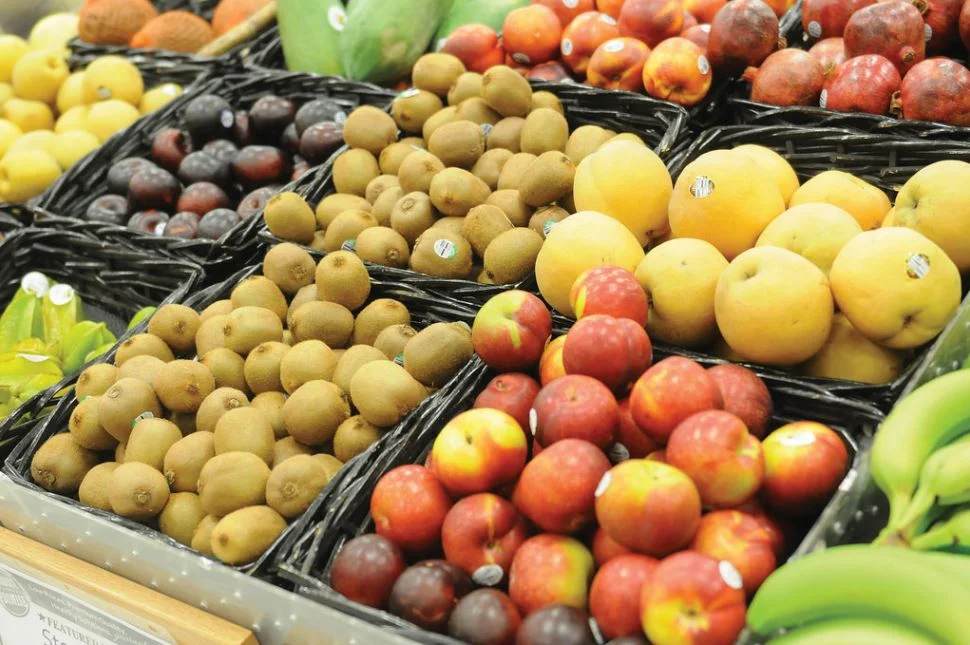It seems these days that everyone is converting to vegetarian and vegan lifestyles. Those of us who are meat-loving omnivores typically scoff at the idea of giving up meat and at vegetarians in general — even going so far as feeling a more-than-slight irritation towards those who preach veganism like an evangelical.
I get it. Meat tastes good. There are so many different meat dishes that are so delicious, it would make living this life just a little sadder if you chose to cut them out for good. And we all know the “vegetarian alternatives” to those dishes are a joke — I’m looking at you, Tofurky. Stay out of my Thanksgiving dinner.
As a Mexican American who loves to travel all over the world, I could never imagine becoming a vegetarian. Most of the amazing Mexican dishes that I grew up with and I feel are an important part of my heritage would be off limits if I were to give up meat. Add to that, traveling to different countries that promise new and delicious culinary experiences, my ability to try local cuisines and favorites would be severely limited by eliminating an entire food group — let alone completely eliminating animal products altogether. The last thing I want to be stressing about on a trip is if I’m going to be able to find anything to eat, and the possible cultural faux pas I’d be committing turning down food from locals.
But recently, I’ve been reading and researching a lot about sustainability and what I can do to lessen my carbon footprint. What I learned is that the meat industry is one of the biggest offenders when it comes to greenhouse emissions and resource consumption.
This definitely got me thinking about my own meat intake and if I should go vegetarian. I pondered this while stuffing my face with my turkey sandwich at lunch, with the promise of a chicken soup waiting for me at home.
I knew that cutting meat completely out of my life was not a realistic choice for me — like any diet that calls for complete restriction of an entire food group, it’s doomed to fail. But I did start to think about how I could reduce my meat intake on a daily basis. I slowly started adding more vegetarian recipes to my home cooking, and after a while I started only eating meat once a week.
Now, I pretty much eat vegetarian at home (save for an odd meal-specific craving every once in a while), and I reserve eating meat for special times like when at someone’s house, going out to eat with friends or family, and special occasions like birthdays, holidays, travel etc. Plus, exploring new and different recipes to get more variety in my veggie cooking, I’m gaining a much more robust knowledge of nutritional information.
How You Can Become a Part-Time Vegetarian
If you love meat but would like to do your part to help the environment and live more sustainably, you should definitely consider becoming a part-time vegetarian. It can be hard to get started living a more vegetarian lifestyle, but if you start slow, you can get to a point where you feel comfortable with the compromise and your environmental impact.
If you typically have meat for every meal, start by choosing one meal a day that you feel you will miss meat the least. For many, eliminating meat from breakfast is the easiest, and there are so many options for healthy protein-filled meals in the morning that are actually much quicker to prepare. Some of these include Greek yogurt with granola and fruit, protein smoothie, protein pancakes, and so many more.
When you are feeling pretty good having eliminated meat from one meal a day, begin gradually eliminating more meat from your week. Start by choosing one day a week to go without meat, and then when that’s feeling good, eliminate another day, and another day, until you are at a point where you feel comfortable with your reduction of meat intake without feeling too deprived.
In the beginning, you might feel that your vegetarian meals tend to get repetitive and bland. When that happens, there are ways you can make your meals more flavorful and add some variety.
You can start by adding some of your favorite meat spices and seasonings to your veggies and meat alternatives. This will give your meals a kick of flavor and familiarity you might be missing from you favorite meat dishes.
If you are a little lost in the way of high-protein, nutritionally-packed, delicious vegetarian meals, and don’t quite have the time to hunker down and make a list of new recipes to try, consider signing up for a prepared meal service. It will serve as a great tool during those first few (and hardest) months of familiarizing yourself with and enjoying various vegetarian meals.
Being a part-time vegetarian is a great compromise for the meat-loving omnivore trying to live a more sustainable and eco-friendly lifestyle. Once you have significantly reduced your meat intake and are feeling good about your green goals, you can start incorporating more eco-friendly aspects into your food life — like making sure you have the ultimate sustainable kitchen!

